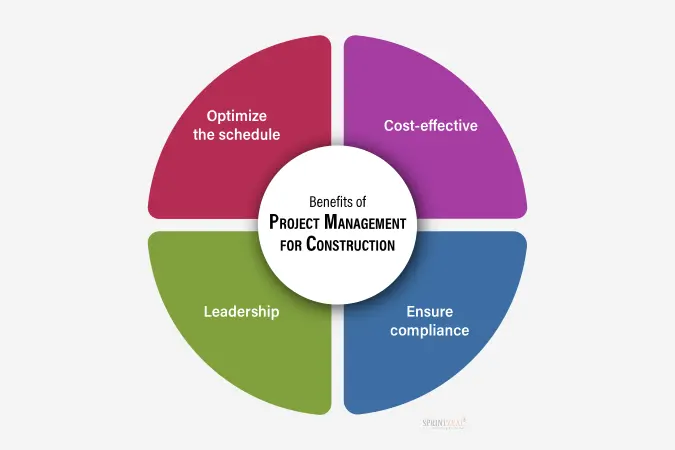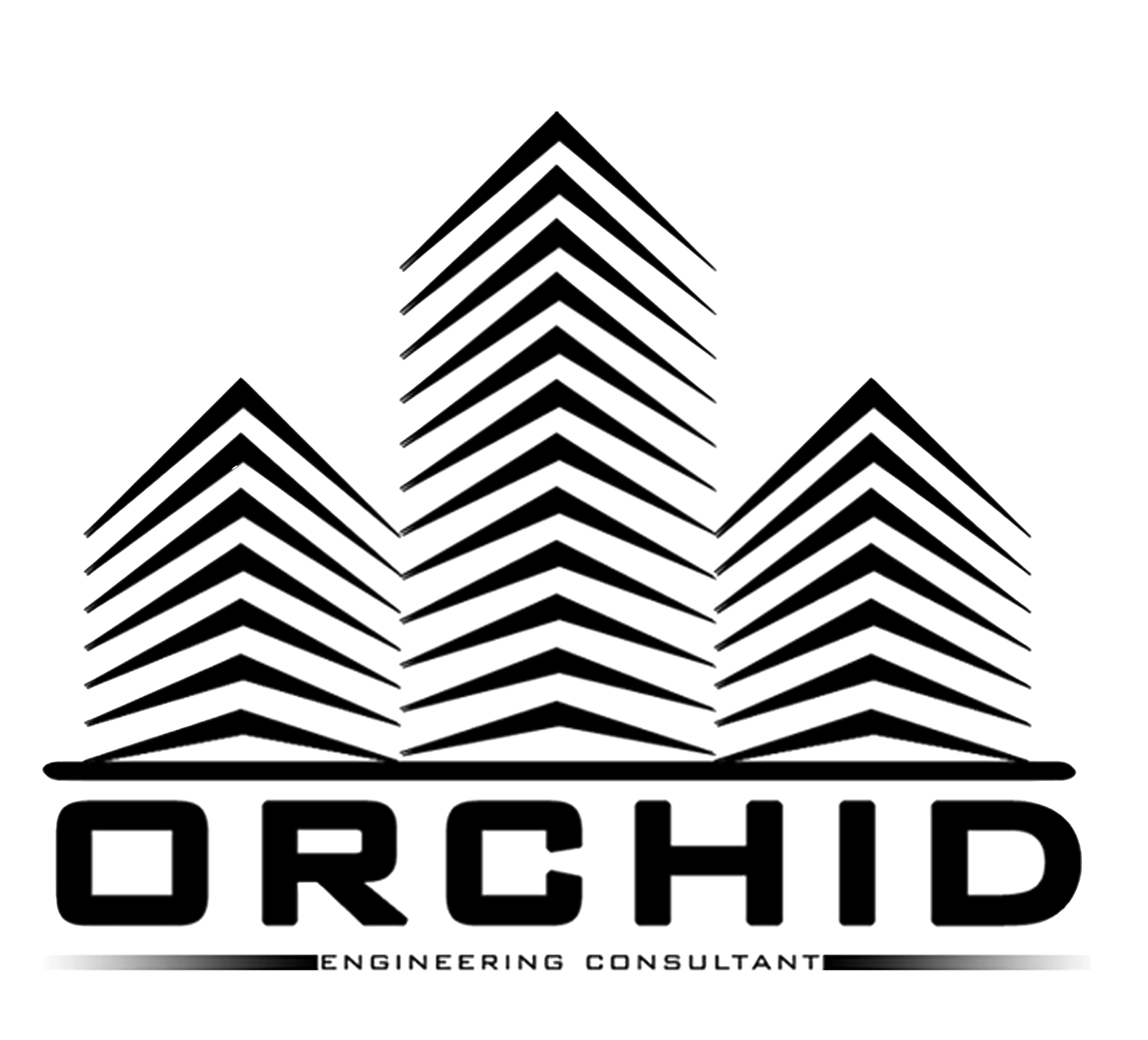
The Importance of Construction Management in Project Success
Understanding Construction Management
Construction management is a critical discipline within the construction industry that encompasses a wide array of processes, practices, and methodologies aimed at ensuring the successful completion of construction projects. At its core, construction management involves the planning, coordination, and execution of a construction project from its inception through to its completion, with the objective of meeting client expectations while adhering to regulatory standards and budget constraints.
Construction managers play a vital role in orchestrating all aspects of the project, acting as a bridge between stakeholders, including clients, architects, engineers, and contractors. Their responsibilities range from effective project scheduling and cost estimation to resource allocation and risk management. A construction manager must possess a diverse skill set that allows them to lead teams, communicate effectively, and solve problems that may arise throughout the project lifecycle.
In the realm of construction management, key project management techniques are integrated into everyday practices. These include critical path method (CPM) for scheduling, cost control measures, and quality assurance protocols to maintain high standards throughout the building process. Planning involves creating comprehensive timelines and identifying milestones, while organizing ensures that the project’s resources—both human and material—are allocated efficiently. Leading requires the construction manager to motivate and guide their team toward achieving shared goals, and controlling focuses on monitoring progress and implementing adjustments as necessary to stay on track.
The significance of construction management lies in its ability to enhance project efficiency, reduce risks, and optimize resource utilization. By effectively managing these interconnected elements, construction managers contribute significantly to the overall success of construction projects, highlighting the importance of their role in delivering results that align with stakeholders’ expectations.
Key Project Management Services in Construction

Effective construction management plays a crucial role in ensuring the successful execution of projects by offering a variety of essential project management services. Three fundamental functions which significantly impact project outcomes include scheduling, budget management, and quality assurance. Each of these functions requires a systematic approach to optimize resources, minimize risks, and achieve client satisfaction.
Scheduling is one of the primary responsibilities of construction management. An effective schedule not only outlines the timeline for the project but also highlights critical milestones. Utilizing project management software, construction managers can create detailed timelines that factor in resource availability, workforce capabilities, and potential weather-related disruptions. By developing a well-structured schedule, stakeholders can anticipate delays and develop contingency plans to mitigate these risks, ultimately ensuring timely project delivery.
Another significant aspect of construction management is budget management. Construction projects often face the challenge of cost overruns, which can jeopardize the overall success of the project. Strategic budget management includes the careful tracking of project expenses and continuous monitoring against the initial budget. Construction managers can implement cost control measures, conduct regular financial reviews, and make informed decisions regarding resource allocation. This proactive approach enables teams to identify potential budget discrepancies early on, allowing for timely adjustments to keep the project within financial constraints.
Lastly, quality assurance is vital throughout the construction process. A rigorous quality assurance program ensures that all work meets established standards and specifications. Construction managers must conduct routine inspections, maintain proper documentation, and foster a culture of accountability among the workforce. By emphasizing quality, managers can significantly reduce the likelihood of costly rework and ensure that the final product meets client expectations.
These project management services—scheduling, budget management, and quality assurance—form the backbone of construction management, ultimately driving project success and client satisfaction.
The Role of Technology in Construction Management
Technology has undeniably transformed the landscape of construction management, offering innovative solutions that enhance project efficiency and effectiveness. Through the adoption of advanced tools and software, construction professionals can streamline processes, ensure collaborative efforts, and ultimately achieve project objectives more successfully.
One of the most significant innovations in this field is Building Information Modeling (BIM), which allows for the digital representation of physical and functional characteristics of a project. BIM enables construction teams to visualize the entire project lifecycle, from design through construction and into operation. This level of detail facilitates effective communication among stakeholders, minimizes errors, and reduces the likelihood of costly delays. By integrating BIM into construction management practices, teams can optimize resource allocation and improve overall project outcomes.
In addition to BIM, various project management software solutions have emerged, catering specifically to the needs of the construction industry. These platforms offer features that include task assignment, document management, and progress tracking, allowing project managers to maintain oversight and ensure that schedules and budgets are adhered to. Mobile applications further complement these systems by facilitating on-site communication, enabling real-time updates, and improving data accessibility for team members in the field. Such technologies lead to a more informed workforce, ultimately enhancing decision-making processes during construction.
Moreover, technology plays a crucial role in financial management within construction management. Real-time budget tracking tools provide insight into expenditure, allowing teams to identify potential overspending before it becomes a critical issue. With improved scheduling capabilities, construction managers can ensure that all phases of a project align with budgetary constraints and deadlines. By leveraging technology in these ways, construction management has become more responsive and agile, significantly contributing to successful project delivery.
Ensuring Timely Project Delivery: Strategies and Best Practices
Effective construction management is pivotal in ensuring timely project delivery. One of the most prominent strategies utilized in this field is the Critical Path Method (CPM), which helps project managers identify essential tasks that directly impact the project timeline. By analyzing the sequence of activities and determining their durations, managers can prioritize critical tasks, allocate resources efficiently, and mitigate potential bottlenecks that could cause delays.
Incorporating lean construction principles is another robust strategy for enhancing project efficiency. Lean construction focuses on value generation while minimizing waste. By streamlining processes, reducing redundancies, and continuously seeking improvements, construction teams can enhance workflow and increase the likelihood of meeting deadlines. This philosophy fosters a culture of collaboration and efficiency among the workforce, propelling projects toward timely completion.
Proactive risk management is vital in anticipating and addressing potential project disruptions. Identifying risks early allows construction managers to develop contingency plans and reallocate resources to maintain progress. Regular risk assessments and adjustments throughout the project lifecycle are necessary to stay agile and ensure that the project does not deviate from its planned schedule.
Communication and teamwork are integral components of successful construction management. Establishing open lines of communication among all stakeholders—contractors, subcontractors, architects, and clients—creates an environment of transparency and accountability. Regular meetings, progress updates, and collaborative problem-solving foster a sense of unity and enhance project outcomes.
Real-world case studies consistently illustrate how these strategies lead to successful project completions. Projects that have effectively implemented these best practices demonstrate marked improvements in adherence to timelines. The integration of well-structured construction management methodologies underscores the necessity of these elements in the broader scope of project success.
